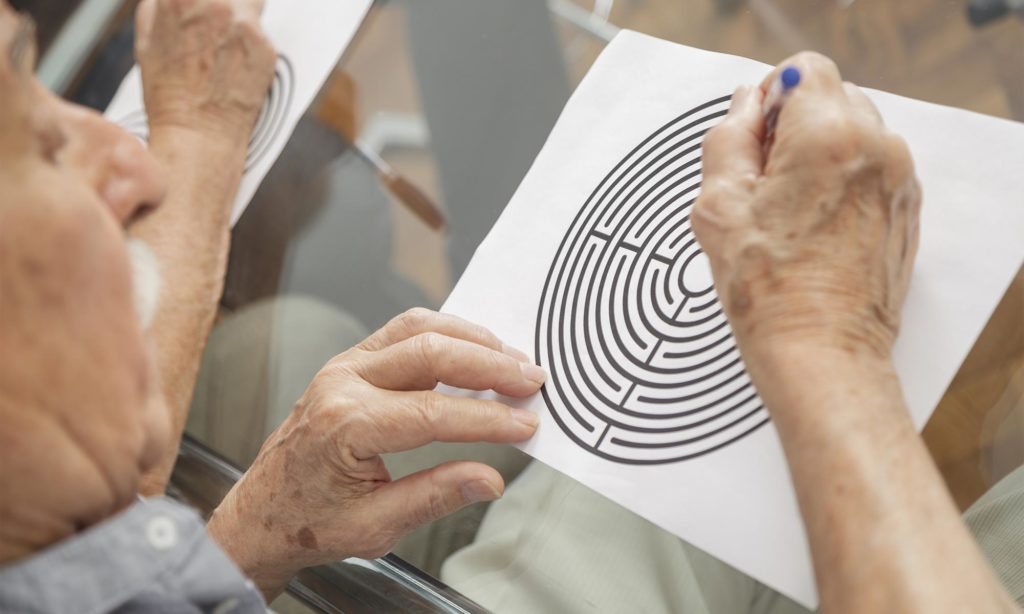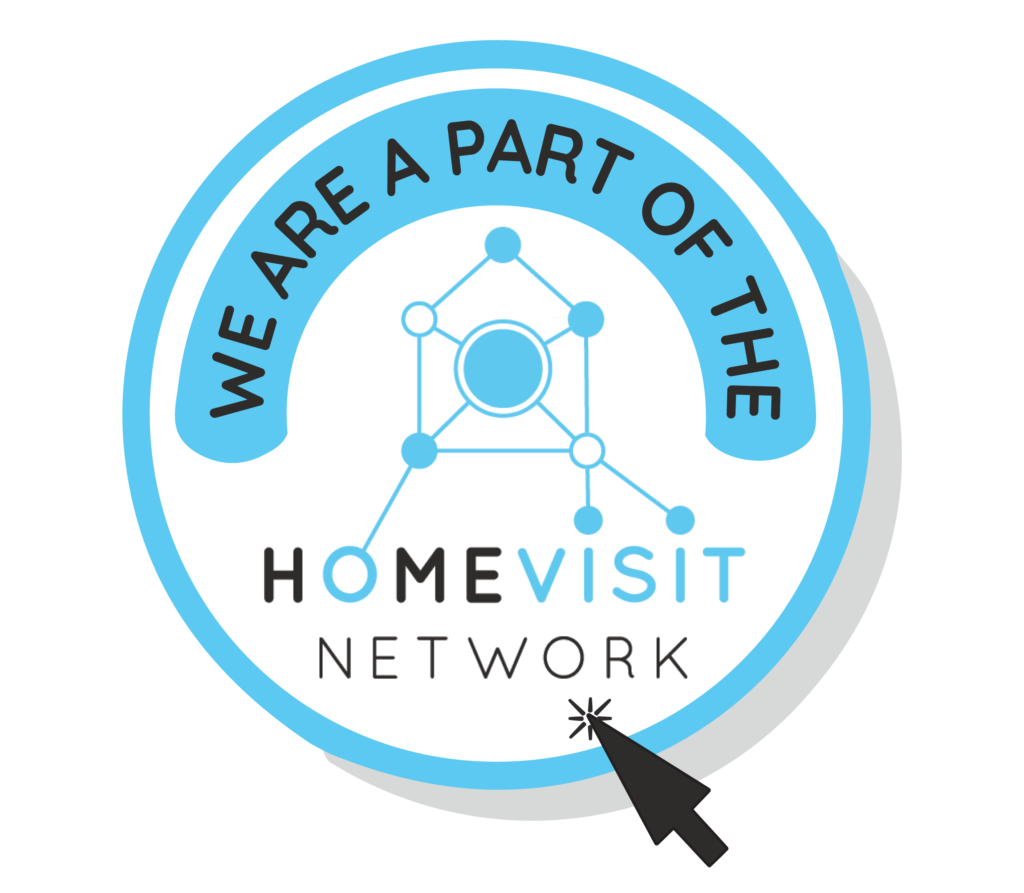What is a stroke?
A stroke causes an interruption of blood supply to brain cells, causing them to be starved of oxygen and important nutrients which can cause cells to die. Strokes can vary in severity, with the Stroke Foundation of Australia listing some possible effects of a stroke as:
- weakness on one side of the body, including arms and legs
- problems controlling or coordinating movements
- difficulties swallowing
- personality, behaviour and emotional changes
- problems with thinking, memory and insight
- difficulty receiving messages from your senses
- problems with speaking and understanding, or reading and writing
- sexual disfunction or concern
- vision loss
- incontinence
- fatigue
Stroke is one of Australia’s leading causes of disability and death.
Allied health support for stroke
Allied health professionals have an important role to place in recovery and rehabilitation after stroke.
Physiotherapy support for recovery
Physiotherapy can be an important part of rehabilitation from stroke and will focus on regaining strength and movement in limbs that have been affected. Some focus areas include:
- assessing disability resulting from the stroke
- assessing transfers, mobility, strength, balance, range of movement and fall risk factors
- devising a treatment plan to improve factors like posture, balance and movement
- devising exercise programs to regain movement
- retraining functional movements including walking
- assisting with pain management
- helping maintain mobility and range of movement
- optimising respiratory function
- suggesting equipment to help with transfers and mobility
- instructing carers on safe physical assistance
Occupational therapy and rehabilitation
Occupational Therapy is an important part of rehabilitation and support for individuals who have experienced stroke. Our registered Occupational Therapists will:
- assess and identify an individual’s ability to manage everyday activities
- identifying obstacles to patients carrying out these activities
- assess home environments and providing advice on environmental modifications
- identify barriers to participation in physical activities and exercise
- minimise risks and impediments to active enjoyment of life
- prescribe aids or equipment to allow engagement in physical activity and exercise
- determine the amount of cognitive support required for a person to complete an activity
- assess suitability for cognitive rehabilitation programs
- provide advice around assistive technologies
Podiatry for patients with nerve damage
A stroke can have a significant impact on lower limb and food function due to nerve damage. The outcomes of a stroke can lead secondary conditions such as foot drop and peripheral neuropathy in patients. Our qualified podiatrists provide:
- footwear advice and education
- orthotic therapy and custom orthotics including ankle foot orthoses
- biomechanical assessment including gait assessment and management
- neurological and vascular risk assessment
- foot care advice and information
- corn and callus removal
- management and treatment of skin and nail disorders including in-grown toenails

ACRS and Stroke Support
Our allied healthcare professionals provide experienced therapeutic support to older Australians who have experienced a stroke. At ACRS, we offer this support in both residential aged care and home care environment.
